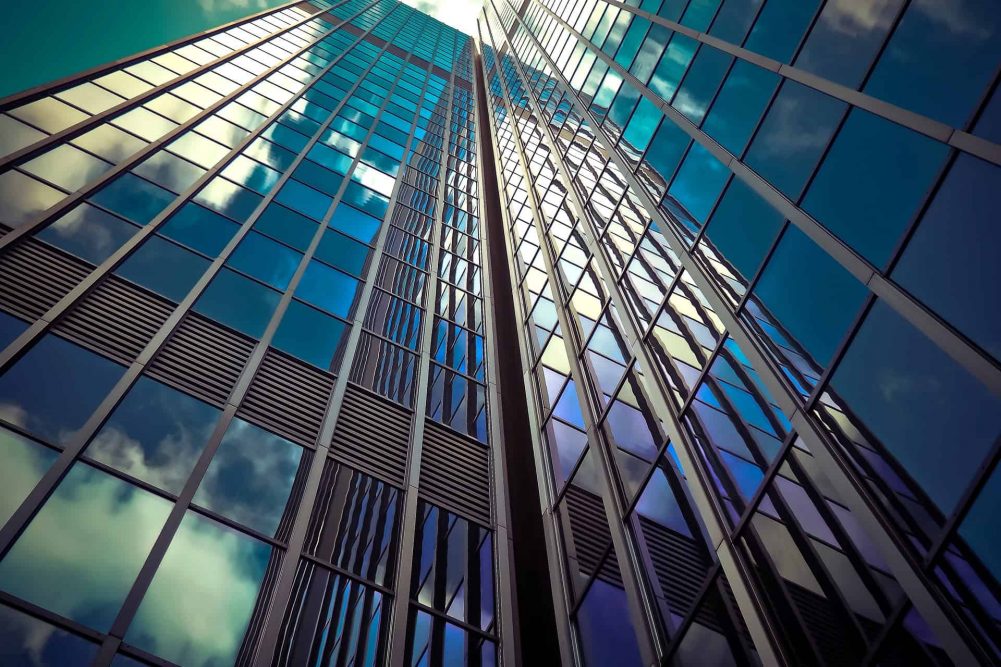
Key “Gotchas” From a Commercial Lease Lawyer
by Michelle Bomberger | June 4, 2018We often get asked to review commercial leases on behalf of our clients. Here’s a quick summary of the most common “gotchas” in commercial leases from our years of experience as a commercial lease lawyer.
Responsibility for Repairs. Who is responsible for fixing what in a commercial lease? This is often confusing because it can be found in multiple sections of the lease. Generally, the landlord is responsible for all building structure, foundation, exterior walls, roof and common areas of the building. The tenant is responsible for all non-structural repairs in the building and must maintain the building in good condition and make all non-structural repairs to keep the building safe and in good condition. Tenants are also responsible for all alterations, additions and improvements to the property. In addition, depending on the lease provisions, the tenant may be responsible for removing all improvements to the property at the termination of the lease term. Therefore, as a business owner it is important to review these provisions to determine who is responsible for what and whether or not you want to make expensive improvements to leased property.
CAM Charges. Keep in mind that commercial leases often include “common area maintenance” or “CAM” charges which are those costs of the Landlord that are passed through to all the tenants on a pro-rata basis. These charges are often not part of and in addition to the base rent. CAM charges typically include repairs to common areas e.g. parking lots, landscaping, hallways, entrance ways, electric and plumbing costs, roof repairs etc. CAM charges are averaged out on a per year basis and each tenant’s share of CAM charges depends on the square footage rented in relation to the entire square footage of the building. Before signing a lease it is important to get an estimate of operating costs in advance in order to know the full extent of what you will be paying each month.
General Liability Insurance. Most leases include an insurance provision which requires the tenant to obtain and maintain a commercial general liability insurance policy. Again, this expense is in addition to the base rent and CAM charges. The policy will list the landlord as an additional insured. It is important to run this provision by your insurance provider to make sure that you get adequate coverage for the landlord, but also to make sure that you get coverage for your business as well.
Notice Requirements. If there is a problem with the property, e.g. an injury occurs on the property, you want to terminate or renew the lease etc., it is important to take note of the individual notice requirements under the lease. Pay attention to when notice must be given to the landlord which may trigger different deadlines under the lease. Also, take heed of how notice requirements should be given to the landlord. They should be in writing and should be done in such away that the landlord can respond quickly if needed.
Limited Rights. Finally, keep in mind that as a commercial tenant you have certain limited rights. Unlike the Washington Residential Landlord Tenant Act which provides broad legal rights to residential tenants, as a commercial tenant in Washington State you have more limited rights. Your rights will depend on the specific provisions of the lease and to a lesser extent state and local law. Therefore, it is important to have an attorney review your lease prior to signing to advise you of your rights.